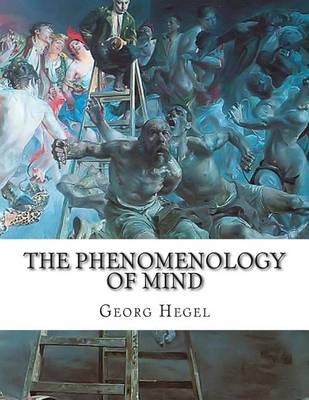Dover Philosophical Classics
3 total works
Among the most influential parts of the philosophy of G.W.F. Hegel (1770-1831) were his ethics, his theory of the state, and his philosophy of history.
The Philosophy of Right (1821), the last work published in Hegel's lifetime, is a combined system of moral and political philosophy, or a sociology dominated by the idea of the state. Here Hegel repudiates his earlier assessment of the French Revolution as "a marvelous sunrise" in the realization of liberty. Rejecting the republican form of government, he espouses an idealized form of a constitutional monarchy, whose ultimate power rests with the sovereign.
The Philosophy of Right (1821), the last work published in Hegel's lifetime, is a combined system of moral and political philosophy, or a sociology dominated by the idea of the state. Here Hegel repudiates his earlier assessment of the French Revolution as "a marvelous sunrise" in the realization of liberty. Rejecting the republican form of government, he espouses an idealized form of a constitutional monarchy, whose ultimate power rests with the sovereign.


